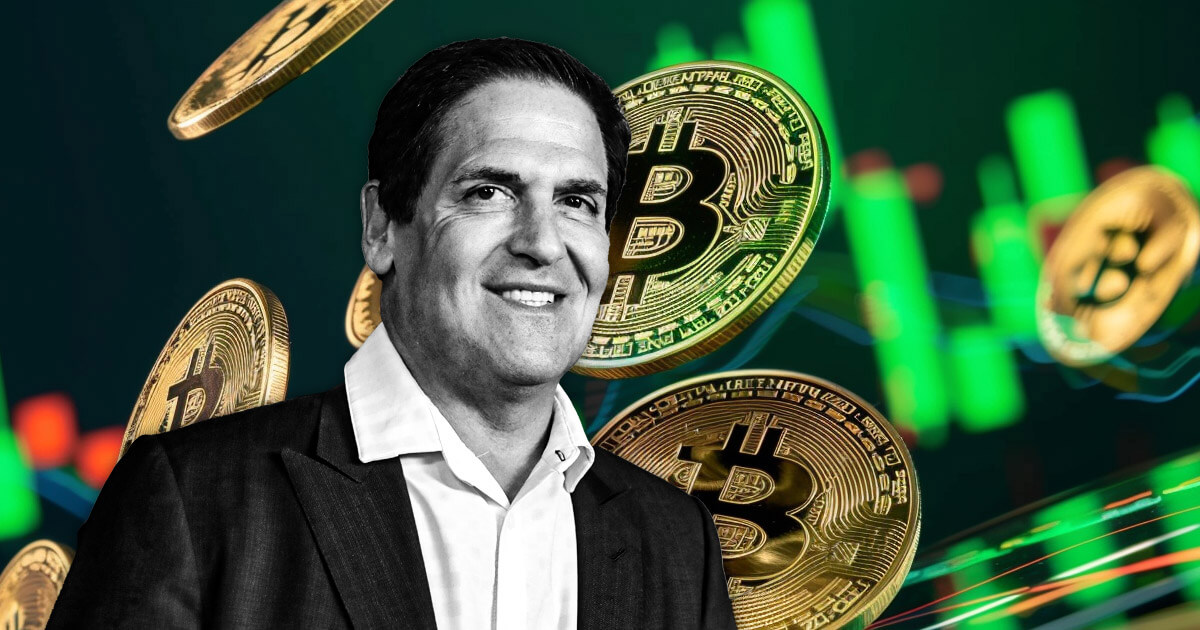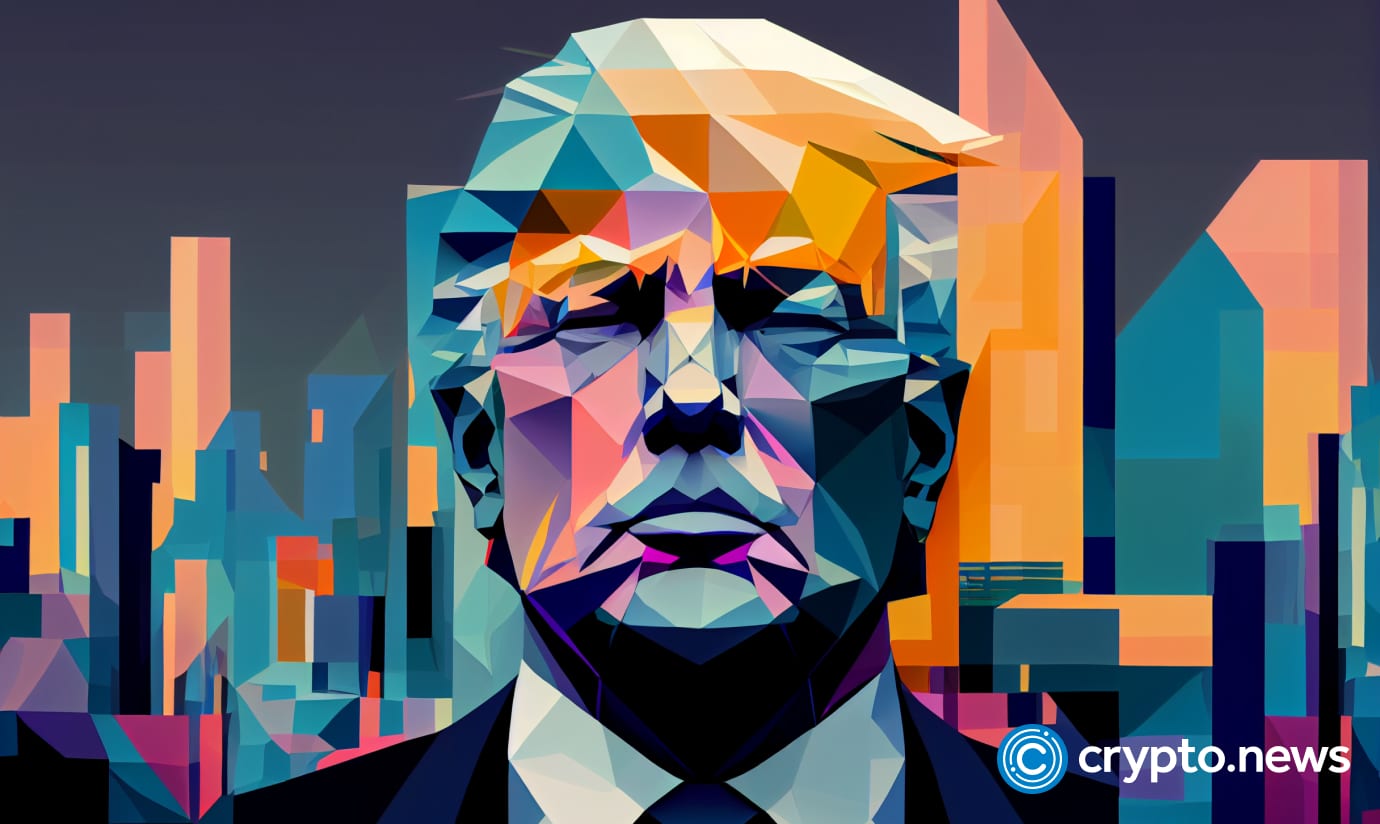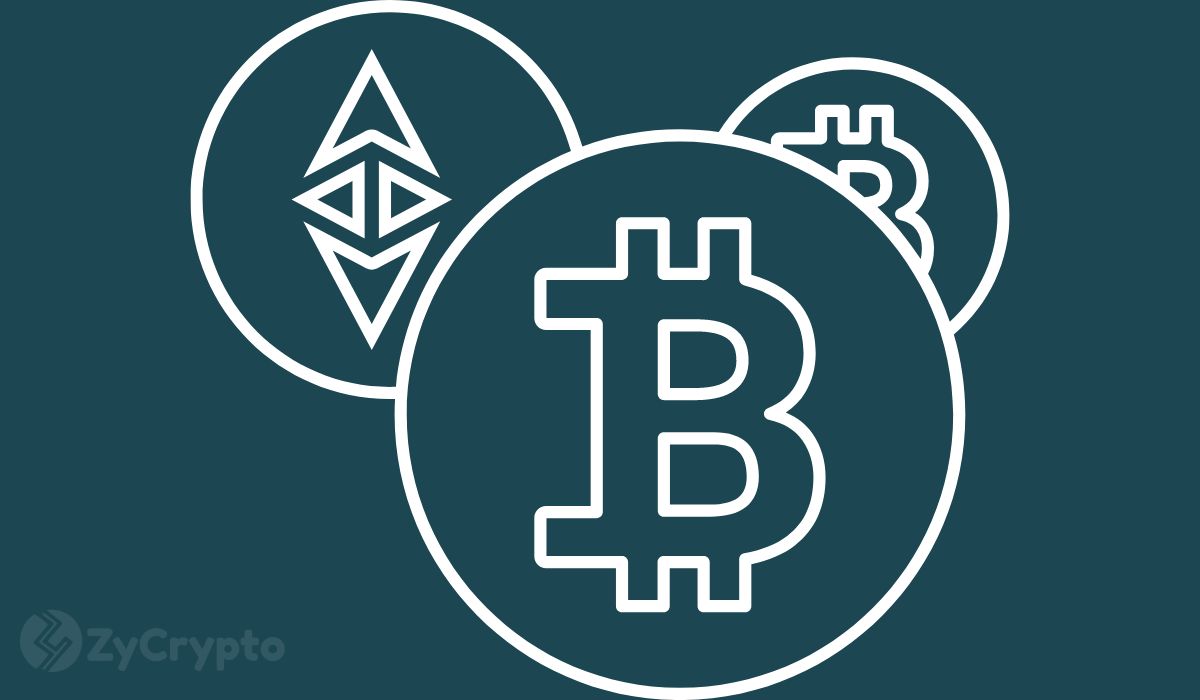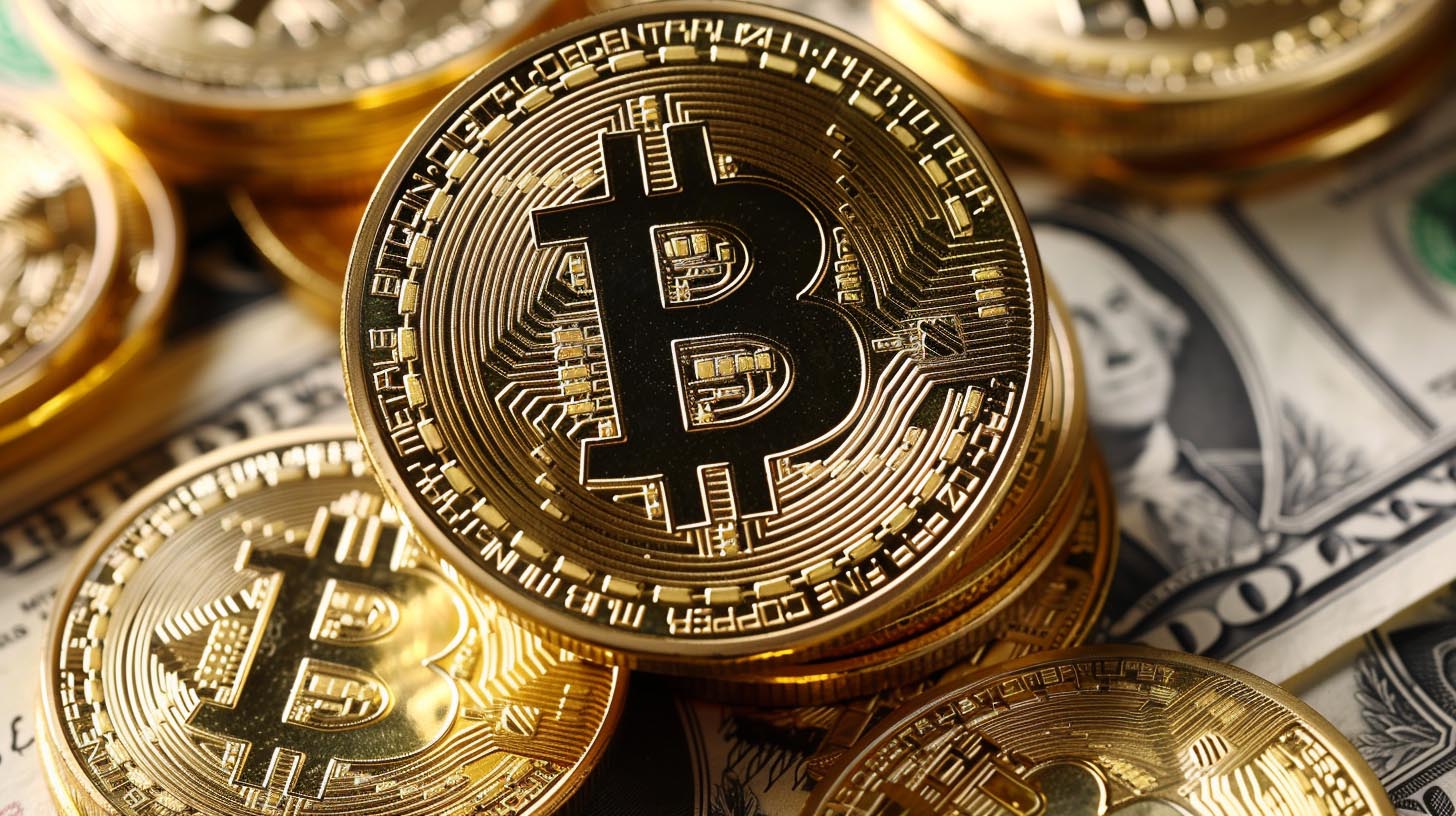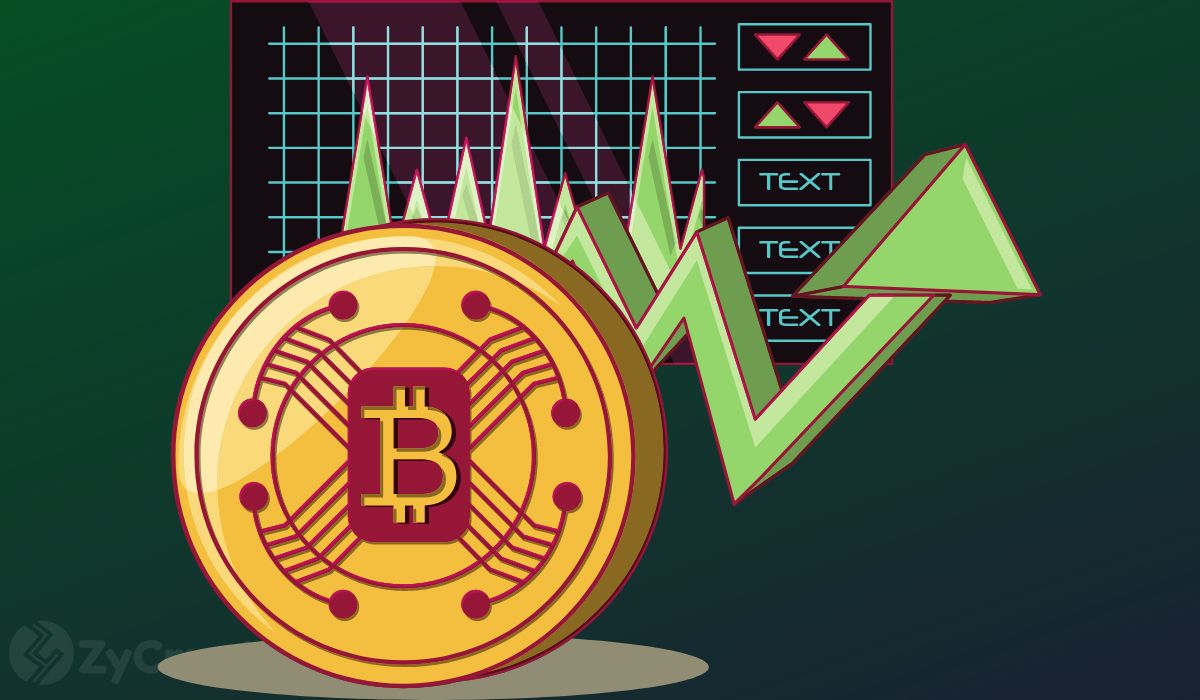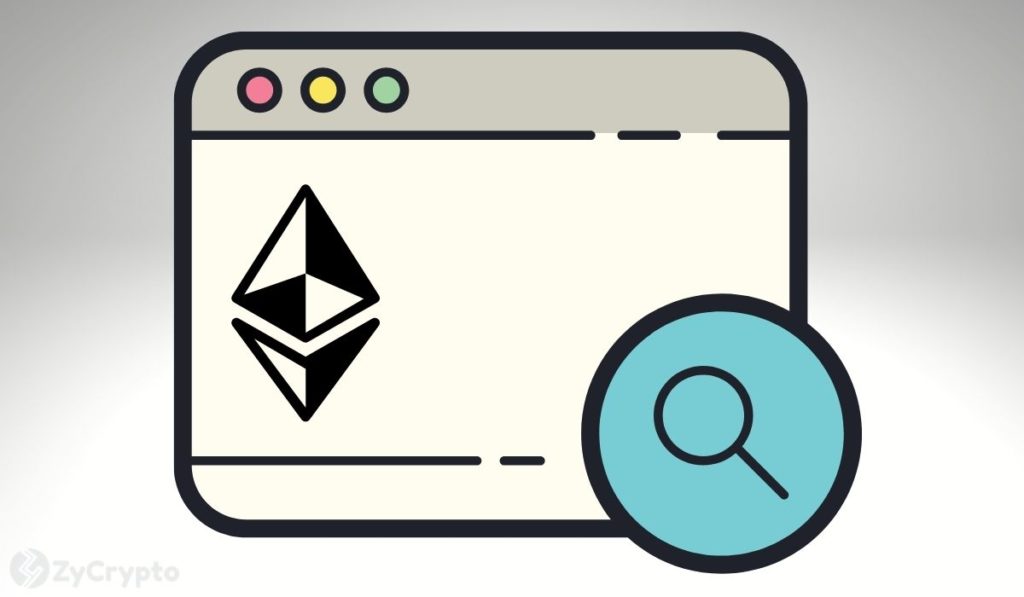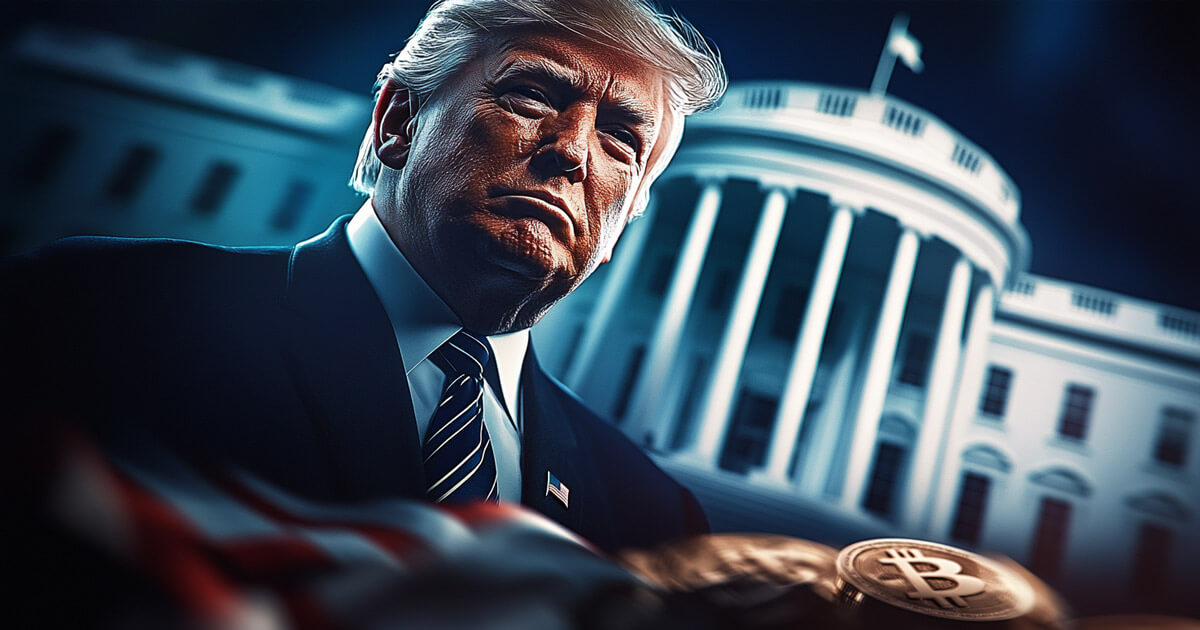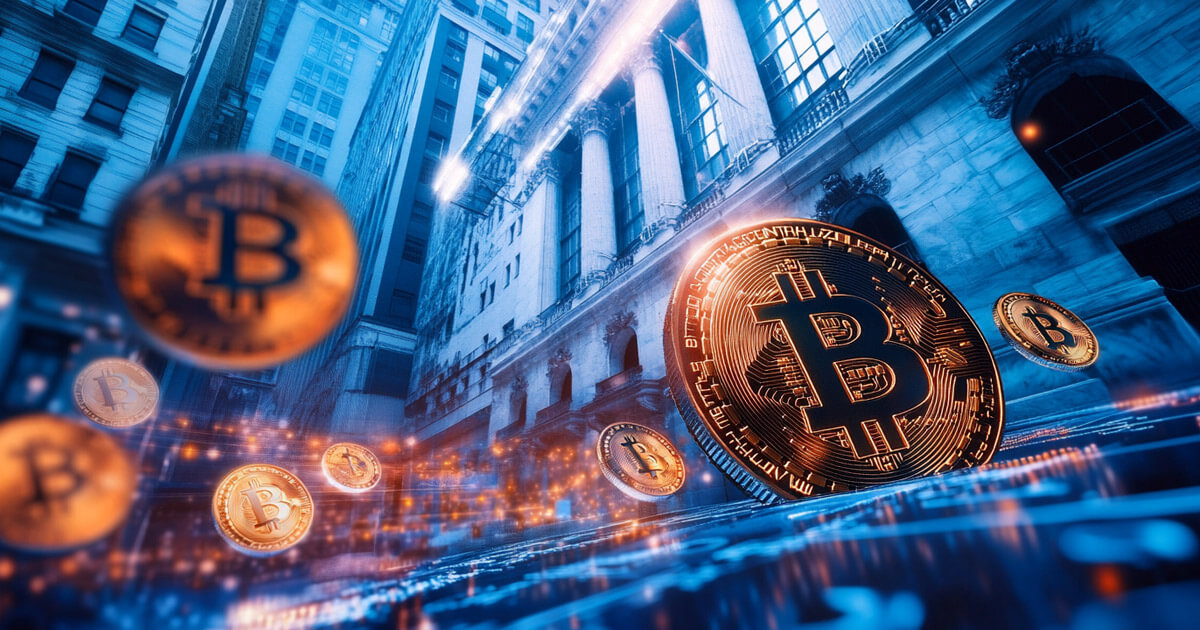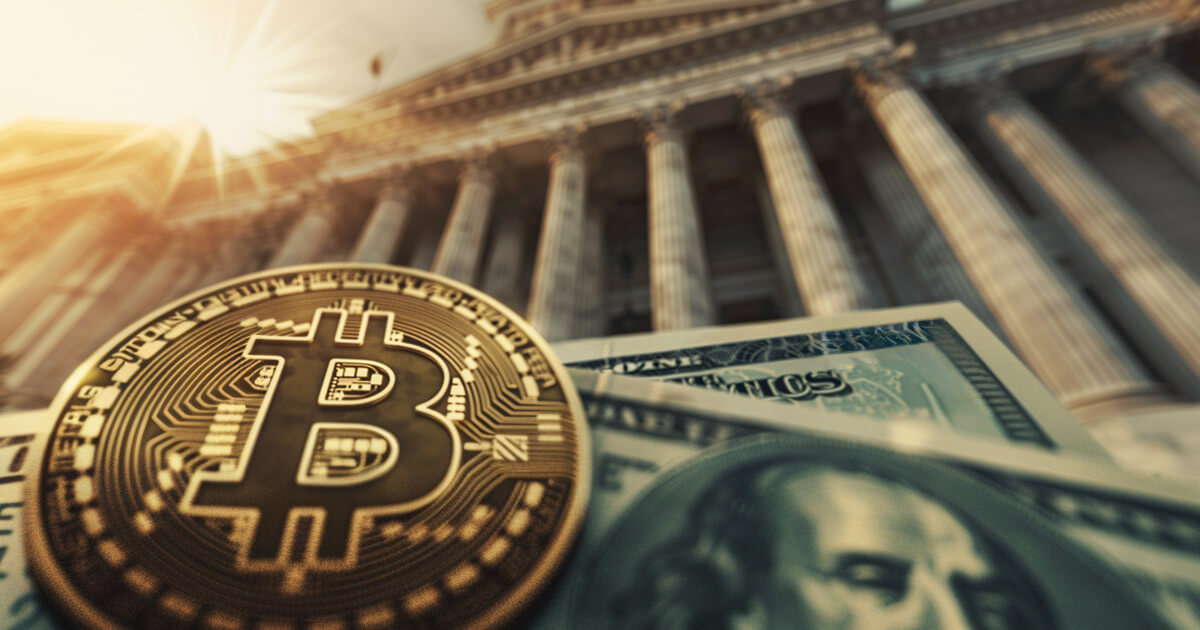
2024-7-21 17:49 |
Former US president Donald Trump is rumored to be planning to announce his desire to make Bitcoin a “strategic reserve asset” during an upcoming crypto conference, a move that could significantly impact the digital asset’s global status and value.
CryptoSlate reported the potential for this move on July 4 after Bitcoin SoftWar author Jason P Lowery replied cryptically to the topic after confirming Trump’s team had contacted him. Lowery has now deleted all tweets related to Bitcoin and Trump, something he is known for doing.
Former US President Donald Trump is slated to deliver a keynote speech at the Bitcoin 2024 Conference in Nashville from July 25-27, sparking speculation about a potential game-changing announcement. Dennis Porter, co-founder of the Satoshi Action Fund, claims to have received information from credible sources suggesting that Trump may unveil Bitcoin as a strategic reserve asset for the United States.
This rumored move represents a significant shift from Trump’s previous anti-crypto stance, aligning with his recent pro-bitcoin rhetoric and the addition of crypto-friendly Senator JD Vance as his potential vice-presidential candidate for the 2024 election.
Is there precedent for Bitcoin as a reserve asset?The concept of reserve assets has evolved significantly over time, with various commodities and currencies serving this role throughout history. Gold played a central role as a reserve asset for centuries, underpinning the global monetary system until the collapse of the Bretton Woods system in the early 1970s. In the modern era, foreign currency reserves, particularly US dollars, have become the predominant form of reserve assets for most countries.
The shift from commodity-based to fiat currency reserves reflected changing economic realities and the need for more adaptable monetary policies. Historical experience suggests that when certain assets are designated as stores of liquidity, institutions tend to accumulate them during crises, potentially affecting market functioning.
The collapse of the Bretton Woods system marked the end of the post-World War II era of fixed exchange rates and ushered in a new period of floating rates and increased financial globalization. While it created challenges, it also allowed for greater flexibility in international monetary policy and helped economies adjust to external shocks like the 1970s oil crises.
The impact of making Bitcoin a reserve assetThe US government currently holds a substantial amount of Bitcoin, around 213,000 BTC, primarily acquired through seizures from illicit actors. This existing $14.3 billion stockpile could potentially be leveraged if Bitcoin were declared a strategic reserve asset. Using these seized assets to fund a Bitcoin reserve could effectively utilize these holdings without necessitating additional purchases on the open market.
Designating Bitcoin as a strategic reserve asset would have far-reaching implications for the United States and the global financial system. It would embolden Bitcoin’s digital gold narrative” and enhance economic resilience and stability. Such a decision could significantly boost Bitcoin’s legitimacy, attracting new investors and potentially driving up its price.
The geopolitical implications of this move are substantial. Trump has previously warned that policies against Bitcoin could benefit adversaries like China and Russia, suggesting that embracing Bitcoin could be seen as a strategic advantage for the United States. This perspective aligns with the broader argument that as Bitcoin gains value, countries may compete to accumulate it, similar to other scarce commodities like gold, silver, platinum, and oil reserves.
From an economic standpoint, incorporating Bitcoin into the US Treasury’s holdings could diversify the nation’s assets and potentially hedge against inflation. This approach could reshape monetary policy and influence how other countries manage their own reserves.
The impact on the digital assets market and regulatory landscape would be profound. This shift in policy could lead to more comprehensive and favorable regulatory frameworks for cryptocurrencies, potentially accelerating their mainstream adoption. However, the implementation of such a policy would face significant challenges.
The technical aspects of securely storing and managing large amounts of Bitcoin nationally would require careful consideration and robust security measures.
It’s important to note that while these potential implications are based on credible sources and expert opinions, the actual announcement and implementation of Bitcoin as a strategic reserve asset remain speculative at this point. The full impact of such a decision would only become apparent if and when it is officially enacted and integrated into US financial policy.
How are new reserve assets confirmed?The process of confirming new reserve assets in the United States involves complex decision-making at the highest levels of government and financial institutions. Traditionally, the US Treasury Department, in coordination with the Federal Reserve, has primary authority over managing the nation’s reserve assets.
Any significant changes to the composition of reserve assets would likely require approval from Congress and involve extensive deliberation among policymakers, economists, and financial experts. The Federal Reserve, as the central bank, plays a crucial role in conducting monetary policy and managing the country’s reserves. It has the authority to purchase various securities and assets as part of its operations.
However, introducing a new type of reserve asset, especially one as unconventional as Bitcoin, would be unprecedented and would likely require new legislation or significant policy changes. The process would involve a thorough analysis of the asset’s stability, liquidity, and potential impact on the overall financial system and considering geopolitical implications and alignment with national economic strategies.
Would Trump have the authority to declare Bitcoin a reserve asset?As President, Trump would have significant influence over economic policy, but declaring Bitcoin a strategic reserve asset would likely require a complex process involving multiple government bodies.
The President does not have unilateral authority to make such a decision. It would likely require approval from Congress and coordination with the Federal Reserve and Treasury Department. The process would involve extensive deliberation among policymakers, economists, and financial experts.
Any major change to the composition of reserve assets would need to be carefully analyzed for its potential impact on financial stability, monetary policy, and international relations. While a President can set the tone and direction for economic policy, implementing Bitcoin as a reserve asset would necessitate navigating regulatory frameworks, potentially creating new legislation, and gaining support from key financial institutions.
The President’s role would be more about advocating for and initiating the process rather than unilaterally declaring it.
Definition of Reserve AssetsReserve assets are financial instruments a country’s central bank or monetary authority holds that can be quickly converted into cash to meet the balance of payments needs, intervene in currency markets, or address economic emergencies. These typically include gold, foreign currencies, special drawing rights (SDRs) issued by the International Monetary Fund (IMF), and a country’s reserve position in the IMF.
Reserve assets’ primary function is to provide liquidity for managing imbalances in international payments and regulating exchange rates. They also maintain confidence in the national currency, satisfy legal requirements, and can be used as collateral for international borrowing.
The composition and management of reserve assets play a crucial role in a country’s economic stability and relationship with international financial institutions like the IMF.
The post Bitcoin as US Reserve Asset: Can Trump do it and what would it mean? appeared first on CryptoSlate.
Similar to Notcoin - Blum - Airdrops In 2024
Dix Asset (DIX) íà Currencies.ru
|
|
